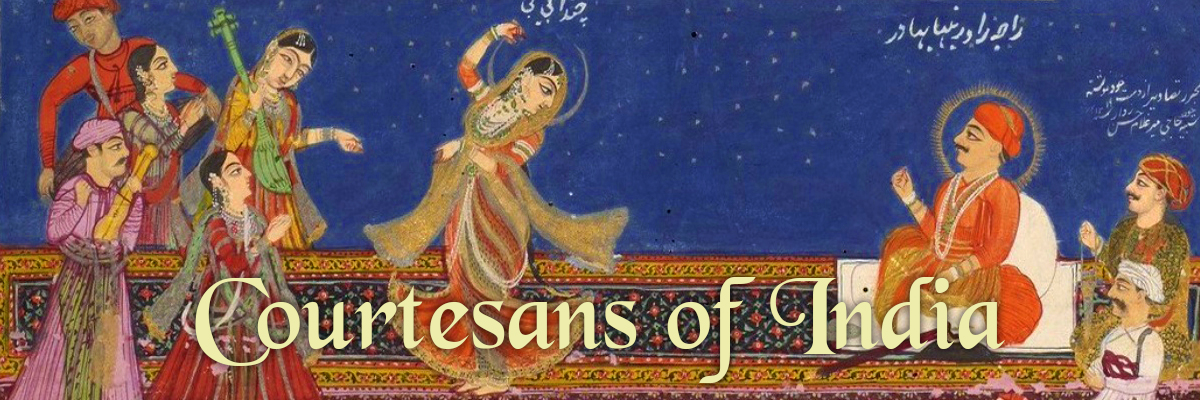From the Introduction
Memories of Lucknow’s pre-rebellion cultural heritage are nowadays often recalled through its tawa’if bazi or ‘courtesan culture’. This heritage has been carried into the present through a bevy of films, stories, anecdotes, social customs, linguistic idioms, images, and music and dance repertoires. A number of studies have also brought to life the culturally-complex and socially-hierarchical world of these courtesans and their significant contributions to the cultural heritage of North India. Generally the importance of the contribution made by women performers to the development of Hindustani music has been gaining interest, and long overdue recognition. Nevertheless, articulation of this recognition has been hampered by the marginal position assigned to the tawa’if in mainstream history….
This paper explores three aspects of Lucknow’s tawa’if bazi that are generally not a part of either musical or historical discussions. One of these concerns the disenfranchisement of the regional military labour market in, and around, Awadh in the late eighteenth century and how this might be connected to a subsequent, and significant, increase in tawa’if activity in Lucknow. Another deals with the nature of the social connections between the tawa’if and her musical accompanists. A further point involves the role of tawa’if as active agents in the promotion and spread of the Shi’a ideology promulgated by Awadh’s political administration. My aim in raising these considerations is to further understanding of the nuances of Lucknow’s tawa’if bazi—how it came about and the influence it had on the development of contemporary Hindustani music and dance.
